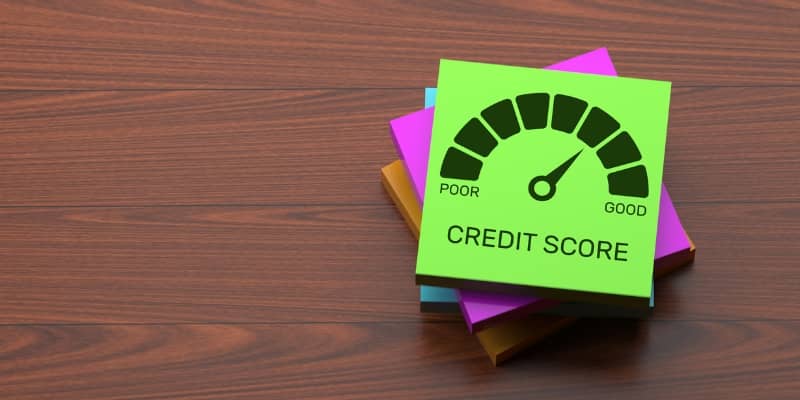
There is no definitive answer to how fast your credit score can rise. It depends on several factors, including your current score, the reason for the drop, and your actions to improve it. However, some general guidelines can help you understand the timeline for credit score improvement.
Factors that Influence Credit Score Improvement
Several factors can impact the speed at which your credit score can rise. Here are some of the most important ones:
1. Payment History: Payment history is the most critical factor in determining your credit score. Late payments, missed payments, and defaults can significantly damage your score. If you have a history of late payments, it can take longer to improve your credit score.
2. Credit Utilization: Credit utilization is the percentage of your available credit that you’re using. The higher your credit utilization, the more it will impact your credit score negatively. Keeping your credit utilization below 30% can help improve your score.
3. Length of Credit History: The longer your credit history, the easier lenders assess your risk. If you have a short credit history, it can take longer to improve your score.
4. Types of Credit: A mix of credit types, such as credit cards, loans, and mortgages, can positively impact your score. If you only have a kind of credit, it can take longer to improve your score.
Strategies to Improve Your Credit Score
1. Pay Your Bills on Time: Payment history is crucial in determining your credit score. Therefore, paying your bills on time is the most effective way to improve your score. Set up automatic payments or reminders to ensure you get all the payments.
2. Reduce Your Credit Utilization: Keeping your credit utilization below 30% can help improve your credit score. If you’re using too much of your available credit, consider paying down your balances or asking for a credit line increase.
3. Check Your Credit Report for Errors: Errors on your credit report can damage your credit score. Therefore, it is crucial to check your credit report regularly and resolve any errors you find.
4. Open a Secured Credit Card: If you have a limited credit history or a low credit score, opening a secured credit card can help you build credit. A secured credit card requires a deposit, which serves as collateral and reduces the lender’s risk.
5. Become an Authorized User: If you have a friend or family member with a good credit history, becoming an authorized user on their credit card can help you build credit. However, ensure the card issuer reports authorized users to the credit bureaus.
Conclusion
Improving your credit score takes time and effort. However, you can expedite the process by understanding the factors that impact credit score improvement and implementing the strategies mentioned above. Remember that improving your credit score is a long-term goal that requires consistent effort and responsible financial behavior. With the help of Eagle Credit Repair, you can achieve financial freedom and a better credit score.